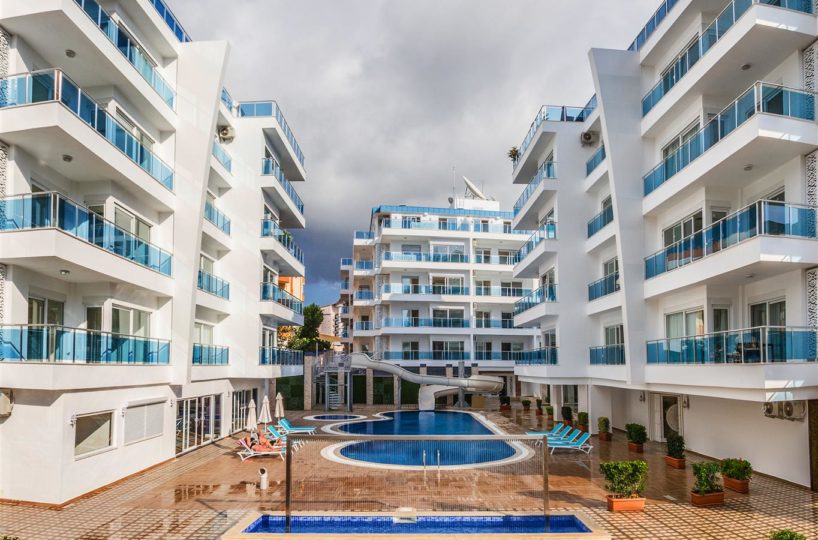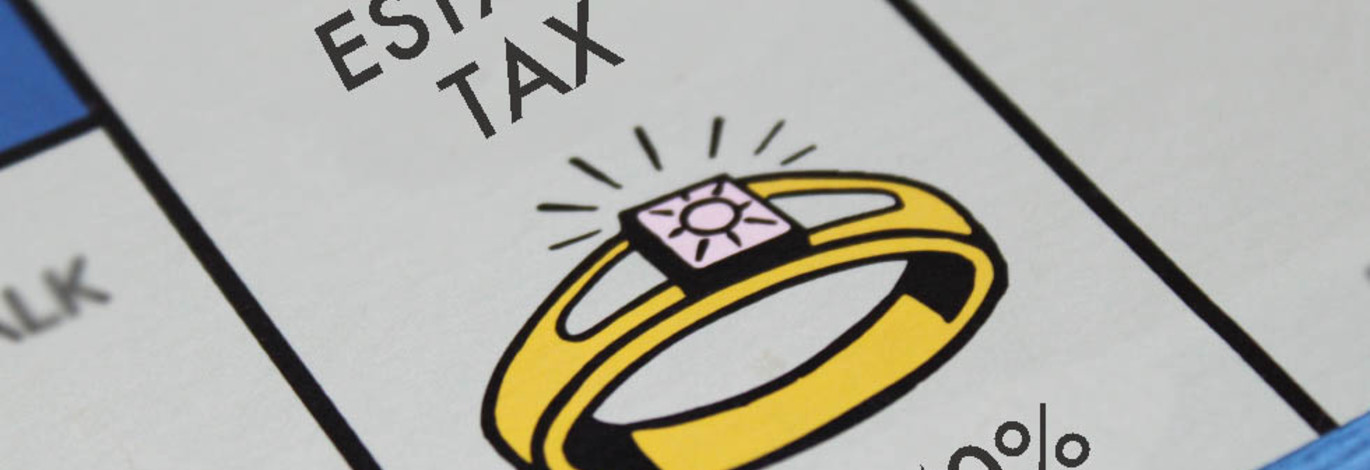Where to buy international real estate
This article on where to buy international real estate isn’t going to be a list of countries with the highest returns. And it’s not a pitch trying to sell you the development that pays us the highest commission. Instead, this post on how to buy international real estate is how to narrow down your potential markets and maximize returns.
Finding the right country and right property in an up and coming neighborhood is a very personal endeavor. By following these recommendations on where to buy international real estate, you might increase your return on investment by 20% to 30%. That is, by beginning the search in with a solid strategy, your ROI on international real estate investments may increase significantly.
Here’s how to increase your ROI on international real estate investments by selecting the right country:
Remember that US citizens are taxed on our worldwide capital gains. No matter where you invest, the US government will want it’s cut of your profits. Even if you live abroad, you still pay US tax on your capital gains. Assuming Trump does away with the Obamacare tax, your long term Federal capital gains rate will be 20%.
- Your state’s capital gains rate is in addition to this, and most Americans pay 28% in long term capital gains. For more see: U.S. Taxpayers Face the 6th Highest Top Marginal Capital Gains Tax Rate in the OECD.
That is to say, you will pay at least 20% in capital gains tax when you sell your international real estate investment property. It doesn’t matter that this investment is outside of the US, you still pay long term cap gains tax.
What about foreign taxes paid, you ask? You get a dollar for dollar tax credit on your US return for any capital gains tax paid in the country where the property is located. So, if you pay 15% in capital gains tax to Brazil, this leaves only 5% for Uncle Sam.
Another way to say this is, so long as the country where you buy international real estate has a capital gains rate equal to or lower than the United States, you will not pay more than 20% in tax on the sale. Your country of investment gets first crack, and the IRS takes what’s left, up to 20%.
Therefore, the best way to increase your ROI, all things being equal, is to buy international real estate in a country with a capital gains rate of 20% or less. If you buy in Austria, with a rate of 27%, the property must appreciate 7% more than one in Brazil to end up with the same amount of money in your pocket after the sale.
The list of countries with capital gains rates of 20% or less is quite significant. See: Capital Gains Tax by Country. But that’s just the beginning of this strategy. Here’s how to pay zero capital gains tax on your international real estate investments, thereby increasing your ROI by 20% or more.
There are two ways to pay zero capital gains tax to the US on your international real estate investments:
- Buy foreign real estate in your IRA or defined benefit plan, or
- Buy international real estate inside a US complaint offshore life insurance policy.
You can take your IRA offshore by transferring the account into an offshore IRA LLC. Once your retirement savings is out of the United States, you can use it to invest in international real estate or just about any other asset you wish. For more on how to by foreign real estate in an IRA, see: Here’s how to take your IRA offshore in 6 steps.
Foreign real estate purchased inside of a traditional IRA will be tax deferred and international real estate inside of a ROTH IRA will be tax free. Because you don’t pay US capital gains tax on the sale, you want to invest in countries with low or zero capital gains rates.
That is to say, when buying international real estate with your offshore IRA LLC, focus on countries with low capital gains rates because your US rate is zero.
If you buy real estate in Brazil through an IRA, you pay 15% to Brazil and zero to the IRS. If you purchase real estate in Barbados or Belize, you pay zero capital gains tax to these countries and zero to the IRS. This is because Barbados and Belize, along with several other countries, don’t tax capital gains.
Therefore, when making the investment through an IRA, a property in Brazil must generate a 15% higher return than one from Belize or Barbados to net out to the same after tax profit.
Note: Be careful when buying international real estate in countries that don’t have capital gains taxes. These nations sometimes have high stamp duties, transfer taxes or property taxes. These taxes aren’t deductible using the US Foreign Tax Credit against your US capital gains tax. If the choice is a 10% transfer tax or 10% capital gains rate, you prefer the capital gains tax because it’s deductible dollar for dollar on your US return. With a transfer tax, you pay 10% to the local government and 20% to the IRS.
The other method for eliminating US capital gains taxes on international real estate purchases is to buy through an offshore life insurance policy. Setup a US compliant policy, usually with an investment of at least $2.5 million, and you have the equivalent of a large IRA without the investment caps or distribution requirements.
If you hold foreign real estate inside a life policy until you pass, that property transfers to your heirs with a step-up in basis. They pay zero tax if sold immediately, or only pay tax on appreciation that accrues after your death. In essence, an international life policy held until your death operates as a ROTH IRA.
If you terminate the policy while you’re alive, you had tax deferral while the policy was in place. An offshore life insurance policy in this case functiones like a traditional IRA.
I’ll close with this: President Trump is talking about reducing the US capital gains rate to 10%. If you believe this is likely, then you want to purchase foreign real estate in countries that have tax rates of 10% or less. If the US cuts its rate to 10%, and you buy in Brazil, you’re overpaying by 5%.
I hope this information on where to buy international real estate has been helpful. For more information on taking your IRA offshore, setting up a US compliant life insurance policy, or to be connected to an international real estate agent, please contact me at info@premieroffshore.com or call us at (619) 483-1708.












Leave a Reply
Want to join the discussion?Feel free to contribute!